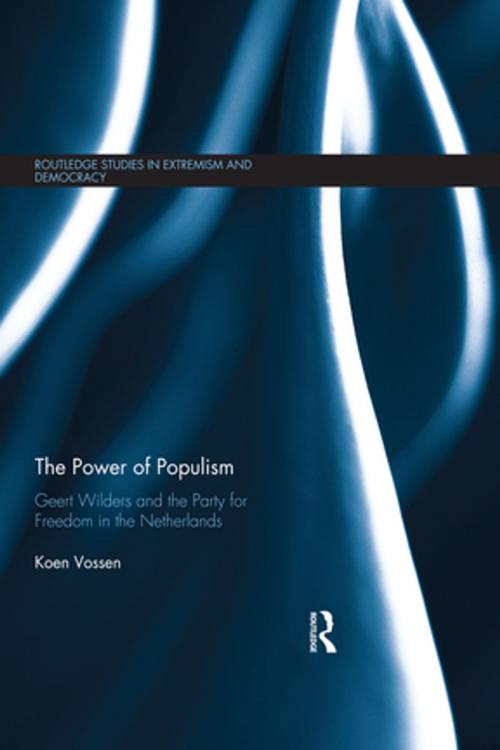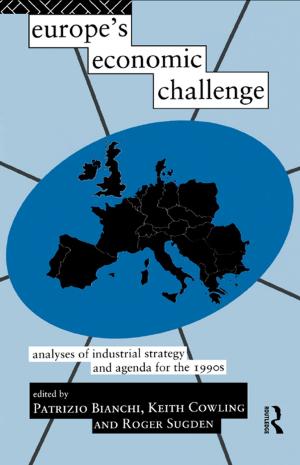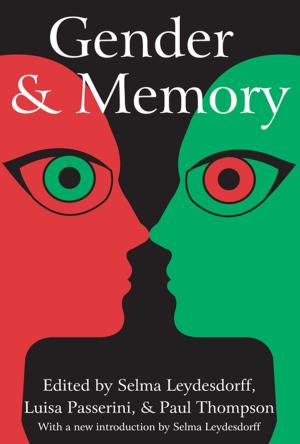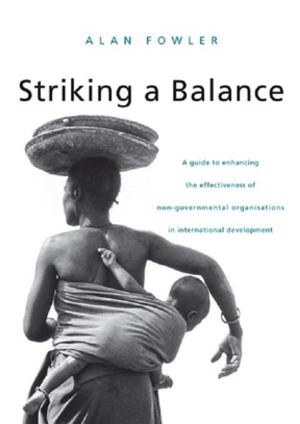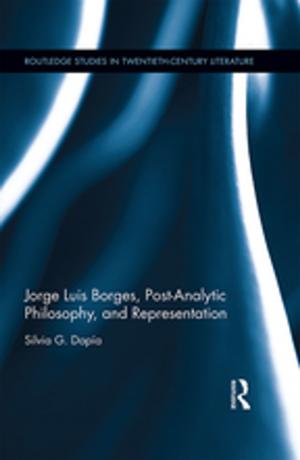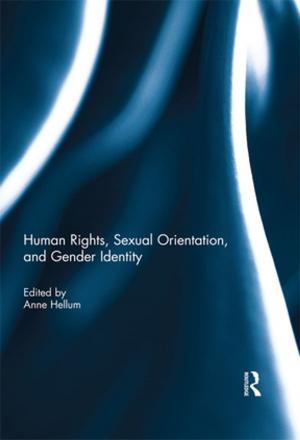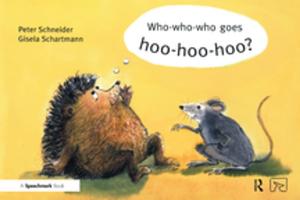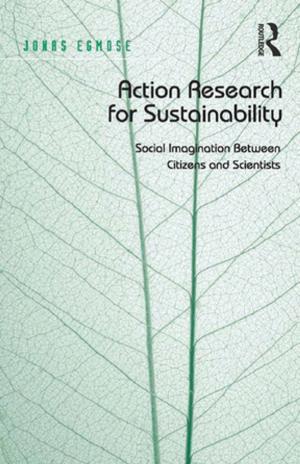The Power of Populism
Geert Wilders and the Party for Freedom in the Netherlands
Nonfiction, Social & Cultural Studies, Political Science, Government, Elections, Democracy| Author: | Koen Vossen | ISBN: | 9781317292890 |
| Publisher: | Taylor and Francis | Publication: | August 12, 2016 |
| Imprint: | Routledge | Language: | English |
| Author: | Koen Vossen |
| ISBN: | 9781317292890 |
| Publisher: | Taylor and Francis |
| Publication: | August 12, 2016 |
| Imprint: | Routledge |
| Language: | English |
This book discusses the Party for Freedom (PVV), a political party in the Netherlands, founded and led by Geert Wilders. Attaining between 10 and 18% of the votes, the PVV has become one of the largest parties in the Netherlands and is the only political party worldwide without members. Between 2010 and 2012 the party supported a minority coalition of liberals and christian-democrats in exchange for influence on governmental policy. The PVV can be viewed as the Dutch version of an ideological family of nationalist parties linked by their opposition to immigration and to the political and cultural elites. Within this family, Geert Wilders has played an important role as pioneer of a new master frame, in which Islam is portrayed as the historical arch-enemy of the West. As the main figurehead of European islamophobia, Wilders has inspired political parties and organizations in Europe, North-America, Israel and even Australia.
Examining data collected on various aspects of the party (for example, voters, activists, organization and ideology) and employing theoretical insights from sociology, electoral geography and political science, this book analyses this controversial phenomenon and seeks to obtain a clearer picture of the functioning of the PVV. This book will be of interest to students and scholars interested in European politics and current affairs more generally.
This book discusses the Party for Freedom (PVV), a political party in the Netherlands, founded and led by Geert Wilders. Attaining between 10 and 18% of the votes, the PVV has become one of the largest parties in the Netherlands and is the only political party worldwide without members. Between 2010 and 2012 the party supported a minority coalition of liberals and christian-democrats in exchange for influence on governmental policy. The PVV can be viewed as the Dutch version of an ideological family of nationalist parties linked by their opposition to immigration and to the political and cultural elites. Within this family, Geert Wilders has played an important role as pioneer of a new master frame, in which Islam is portrayed as the historical arch-enemy of the West. As the main figurehead of European islamophobia, Wilders has inspired political parties and organizations in Europe, North-America, Israel and even Australia.
Examining data collected on various aspects of the party (for example, voters, activists, organization and ideology) and employing theoretical insights from sociology, electoral geography and political science, this book analyses this controversial phenomenon and seeks to obtain a clearer picture of the functioning of the PVV. This book will be of interest to students and scholars interested in European politics and current affairs more generally.
